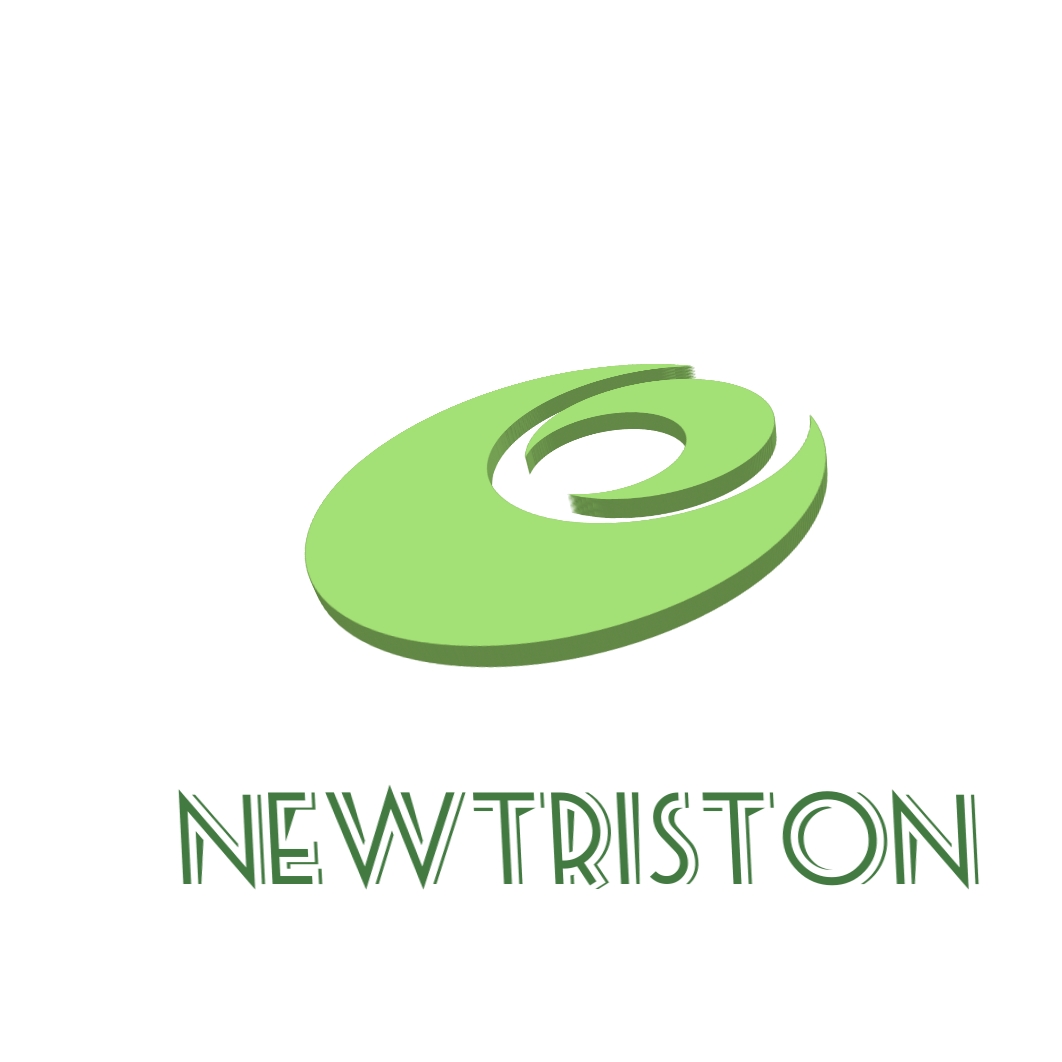Imagine having access to expertly crafted courses, insightful articles, and thought-provoking content that will expand your knowledge, enhance your skills, and ignite your passion for self-improvement. Whether you're seeking to master your mind, develop emotional intelligence, or foster healthier relationships, NewTriston offers a wide range of topics tailored to your personal growth needs.

Introduction:
Emotional intelligence is a crucial skill set that empowers individuals to navigate their emotions effectively, build strong relationships, and cultivate self-awareness. In a world where relationships and connections play a vital role in personal and professional success, developing emotional intelligence becomes paramount. In this comprehensive blog, we will delve into the concept of emotional intelligence, its significance in our lives, and practical strategies to enhance our relationship skills and self-awareness.
Understanding Emotional Intelligence:
Emotional intelligence encompasses the ability to recognize, understand, and manage our own emotions, as well as empathize with others and handle interpersonal dynamics effectively. It consists of several key components that contribute to our overall emotional well-being and relationship success.
Self-Awareness: Self-awareness forms the foundation of emotional intelligence. By cultivating self-awareness, we gain insight into our emotions, strengths, weaknesses, values, and triggers. This deep understanding enables us to regulate our emotions and make more informed decisions.
Self-Regulation: Emotional intelligence involves managing our emotions appropriately. By developing self-regulation, we can control impulsive reactions, handle stress effectively, and adapt to changing circumstances. This skill enables us to respond thoughtfully rather than react impulsively, leading to healthier relationships.
Empathy: Empathy is the ability to understand and share the feelings of others. It involves putting we in someone else's shoes, actively listening, and responding with compassion. By practicing empathy, we foster stronger connections and build trust in our relationships.
Social Skills: Effective social skills are vital for nurturing relationships. They include communication, conflict resolution, active listening, and collaboration. Developing these skills allows us to establish and maintain healthy, meaningful connections with others.

Enhancing Relationship Skills:
- Active Listening: Active listening involves fully engaging with others, paying attention, and understanding their perspective without interruption. Practice active listening by maintaining eye contact, asking clarifying questions, and demonstrating genuine interest in the conversation.
- Non-Verbal Communication: Non-verbal cues, such as body language, facial expressions, and tone of voice, play a significant role in communication. Pay attention to your non-verbal cues and learn to interpret them in others to enhance your understanding and communication skills.
- Empathy and Perspective-Taking: Develop empathy by putting yourself in another person's shoes and considering their emotions and experiences. Cultivate a genuine desire to understand others and validate their feelings. Practice perspective-taking to broaden your understanding and foster more meaningful connections.
- Conflict Resolution: Conflict is inevitable in relationships, but how we handle it determines the outcome. Learn effective conflict resolution skills, such as active listening, seeking win-win solutions, and finding common ground. Strive for open and honest communication while respecting differing opinions.
- Emotional Regulation: Developing emotional regulation allows you to manage your emotions in challenging situations. Practice techniques like deep breathing, mindfulness, and self-reflection to gain control over intense emotions and respond constructively rather than react impulsively.
- Building Trust and Authenticity: Trust forms the bedrock of healthy relationships. Build trust by being reliable, consistent, and honest. Demonstrate authenticity by being true to yourself and maintaining open communication. Trust and authenticity foster deeper connections and promote a supportive environment.
- Cultivating Empowering Relationships: Surround yourself with individuals who uplift and inspire you. Seek out relationships that encourage personal growth, mutual support, and shared values. Surrounding yourself with positive influences enhances your emotional well-being and strengthens your emotional intelligence.

Developing Self-Awareness:
- Mindfulness Practice: Cultivate mindfulness to develop self-awareness. Practice being present in the moment, observing your thoughts and emotions without judgment. Mindfulness enhances your ability to recognize and understand your emotional patterns.
- Emotional Reflection: Engage in regular self-reflection to examine your emotions, triggers, and behavioral patterns. Consider journaling as a tool for self-exploration and understanding. Identify patterns that hinder your growth and work towards positive change.
- Seeking Feedback: Seek feedback from trusted individuals who can provide objective insights into your strengths and areas for improvement. Welcome constructive criticism as an opportunity for growth and use it to enhance your self-awareness.
- Personal Values and Beliefs: Clarify your personal values and beliefs. Understanding what truly matters to you enables you to align your actions with your authentic self and make choices that resonate with your core principles.
- Emotional Self-Care: Prioritize self-care activities that support your emotional well-being. Engage in activities like exercise, mindfulness, hobbies, and spending time with loved ones. Nurturing yourself emotionally allows for a deeper understanding of your needs and emotions.
Conclusion:
Emotional intelligence serves as a cornerstone for developing meaningful relationships and fostering personal growth. By enhancing your relationship skills and self-awareness, you empower yourself to navigate emotions effectively, communicate authentically, and cultivate connections built on trust and empathy. Incorporate the strategies outlined in this blog into your daily life and embrace the journey of emotional intelligence. Remember, mastering emotional intelligence is a lifelong practice that enables personal and professional success, enriching your life and the lives of those around you.
Written by Theo
Are you ready to take the next step towards unlocking your true potential? Visit newtriston.com today and embark on a transformative journey of personal growth and self-discovery!

